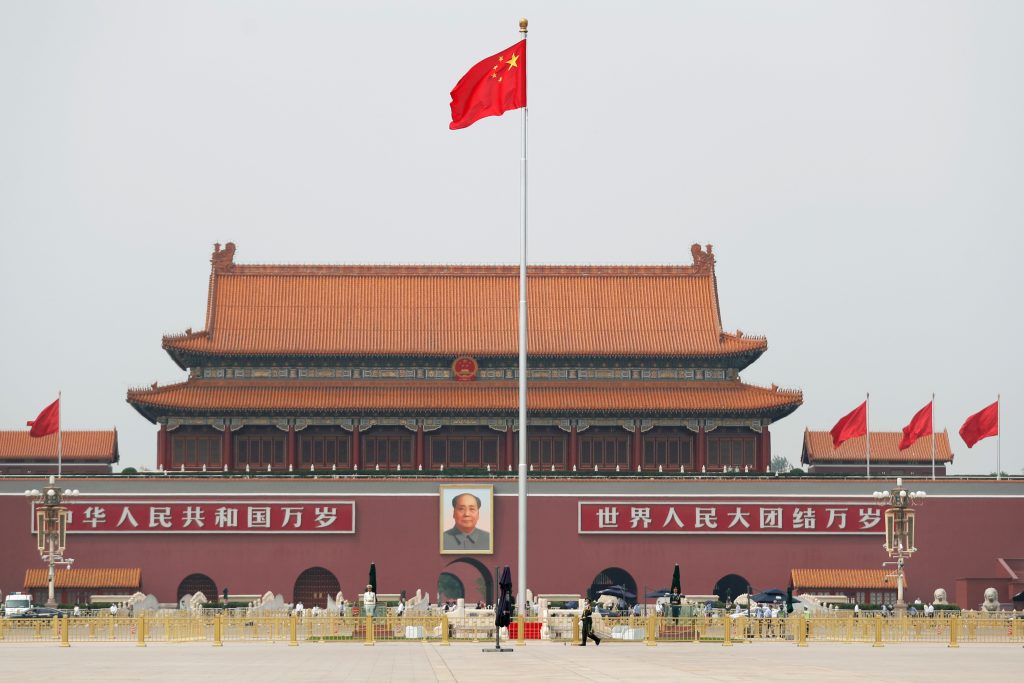
As the Israel-Hamas war rocks the Middle East, China, the world’s largest oil importer, finds itself in a delicate position.
- China’s increased imports of Iranian oil have tripled over the past two years and account for 87% of Iran’s oil exports.
- China’s apparent neutrality may be a sign of limited expertise in the Middle East dynamics.
China, the largest global oil importer, finds itself stuck between a rock and a hard place as the Israel-Hamas war destabilizes the Middle East again.
Several world governments have gotten themselves involved, in one way or another. However, China’s response to the war has been relatively muted, emphasizing restraint on both sides without explicit condemnation of Hamas. And that has nothing to do with peace, and everything to do with oil.
President Xi Jinping has made energy security a top priority. He invested heavily in electric vehicles while striving to reduce gasoline consumption. China’s insatiable demand for oil, coupled with its thriving petrochemical industry, leaves little room for reducing its dependence on oil imports.
Iran is the world’s second-largest oil producer. According to Andon Pavlov of Kpler, the volume of Iranian oil purchased by China has more than tripled in the past two years. That accounts for 87% of Iran’s oil exports last month. Despite China’s significant oil purchases from Iran, the country refrains from officially acknowledging them. This is largely due to broad international sanctions for remaining a staunch supporter of Hamas, the group responsible for the recent attack on Israel.
China’s record purchases of oil from Iran, and other similarly sanctioned countries like Russia and Venezuela, have saved the nation nearly $10 billion. These sanctions have inadvertently lowered oil import costs for Chinese refiners.
State-owned refiners, such as Sinopec and PetroChina, have abstained from purchasing oil from Iran and Venezuela. This has allowed independent refiners to thrive, albeit with certain limitations, including crude import quotas and a lack of fuel export quotas.
These economic interests in the Middle East have left China highly exposed to the region’s instability. But they helped its efforts to expand diplomatic influence in a region traditionally dominated by the U.S. During Palestinian President Mahmoud Abbas’s visit to Beijing in June, China pledged to contribute “Chinese wisdom, Chinese strength” to resolve the Israeli-Palestinian conflict. This commitment paved the way for China’s successful mediation between Iran and Saudi Arabia.
This reluctance to name or condemn Hamas, however, has prompted criticism from Israel and the U.S.. Both expected a stronger condemnation of Hamas. Experts suggest that China’s approach to the Israel-Gaza war may reflect its limited expertise and experience in the region’s complex dynamics. Despite its economic ties with Israel and deepening relations with Palestinian leaders, China is yet to establish itself as a credible peacemaker in the Middle East.
Inside Telecom provides you with an extensive list of content covering all aspects of the tech industry. Keep an eye on our Tech sections to stay informed and up-to-date with our daily articles.